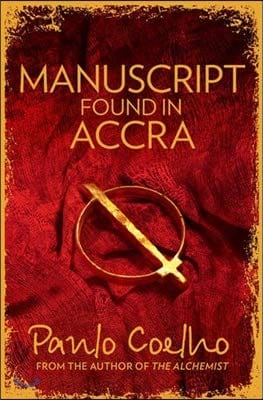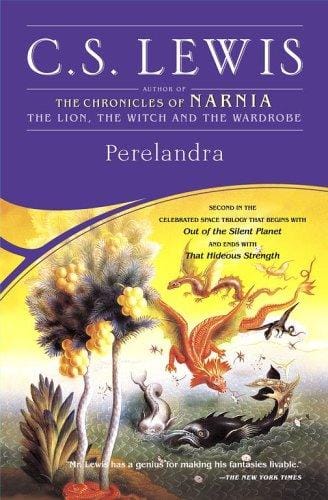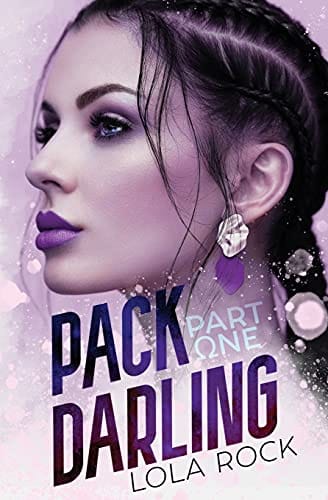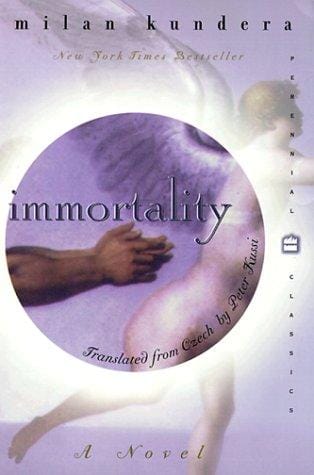Manuscript Found in Accra: Wisdom From a City Under Siege
Explore Paulo Coelho’s "Manuscript Found in Accra": a dialogue-driven novel set in 1099 Jerusalem that offers timeless lessons on love, defeat, and resilience.

Introduction: A Timeless Message From 1099
Paulo Coelho’s novel "Manuscript Found in Accra" transports readers to Jerusalem on the eve of the First Crusade. As Christian crusaders prepare to storm the walled city, Jews, Muslims, and Christians gather around a mysterious sage known only as the Copt. Instead of planning military defense, they ask questions about love, loyalty, defeat, and the meaning of life. The Copt’s answers, recorded on parchment and hidden for centuries, form the heart of this reflective, dialogue-driven book.
Though set nearly a millennium ago, the manuscript’s teachings feel strikingly contemporary. In fewer than 200 pages Coelho offers a portable anthology of practical philosophy that has resonated with millions of readers seeking reassurance during uncertain times. Below, we explore the plot, themes, historical backdrop, and lasting relevance of this short yet powerful novel.
Plot Overview
The plot of "Manuscript Found in Accra" is deceptively simple. On 14 July 1099, as crusader forces assemble outside Jerusalem, the city’s diverse population gathers in a public square. The Copt invites anyone to ask whatever lies heavy on the heart. Citizens pose questions about fear, solitude, failure, beauty, and faith. Each response becomes an essay-like meditation steeped in Eastern mysticism, Christian parable, and Sufi poetry. By sunrise the siege has begun, but the conversations remain, preserved in the manuscript discovered in 1974 near Accra, Ghana.
Because the novel unfolds almost entirely through dialogue, there is little external action. Instead, drama emerges from the urgency of the moment: people facing possible death crave final insights that might give their lives coherence. Coelho’s framing device thus turns abstract reflections into an emotionally charged countdown.
Historical Canvas: Jerusalem on the Brink
Coelho researched the First Crusade to lend authenticity to his fictional manuscript. In 1099 Jerusalem was a cosmopolitan trading hub inhabited by Arabs, Sephardic Jews, Greek Orthodox monks, and Latin merchants. The arrival of crusaders threatened not only life and property but also the delicate tapestry of interfaith cooperation. By setting the novel in this liminal space, Coelho underscores the fragility of peace and the necessity of mutual understanding—ideas echoed in the Copt’s counsel.
Core Themes and Philosophical Insights
Embracing Defeat
One of the manuscript’s most quoted passages insists that defeat is merely a punctuation mark, not the end of the sentence. According to the Copt, setbacks expose hidden strengths and teach flexibility: "Defeat ends when we learn." In a world addicted to success metrics, Coelho reframes loss as a vital stage of personal alchemy.
Love Beyond Fear
When a young woman asks how to love without becoming vulnerable, the Copt replies that genuine love is inseparable from risk. Shields erected to prevent pain also block joy. This paradox—safety versus fulfillment—resonates strongly with modern readers negotiating digital relationships and emotional burnout.
The Value of Solitude
Solitude, often confused with loneliness, is praised as a crucible for creativity. The Copt urges citizens to cultivate silence so the "sound of their own soul" can be heard above the siege engines. Today’s always-connected culture makes this advice more relevant than ever.
Lessons for a Turbulent World
Published in 2012, amid global recession and social unrest, "Manuscript Found in Accra" arrived at a moment of collective anxiety. Its central premise—that wisdom surfaces when communities gather to ask brave questions—remains pertinent as society grapples with climate crises, pandemics, and polarized politics. The Copt demonstrates that listening without judgment can unify people across religious and cultural lines.
Moreover, the book serves as a reminder that external circumstances, no matter how dire, do not cancel the inner work of becoming kinder, more resilient human beings. In times when news cycles amplify catastrophe, Coelho’s text advocates cultivating an inner citadel of calm.
Coelho’s Style and Structure
Stylistically, the novel resembles a collection of aphorisms more than a conventional narrative. Sentences are lean, rhythmic, and riddled with metaphor. This brevity invites underlining and quotation, making the book a popular gift and a staple of inspirational social-media feeds. Critics sometimes label the prose simplistic, yet its accessibility is key to its broad appeal; readers from varied linguistic backgrounds can grasp the message without stumbling over archaic diction.
Who Should Read "Manuscript Found in Accra"?
If you enjoyed "The Alchemist" but crave a text that speaks more directly to day-to-day challenges, this book is for you. Spiritual seekers, history buffs, and leadership coaches alike will find concise wisdom to integrate into journaling, meditation, or team-building workshops. Book clubs appreciate its open-ended questions, which spark layered discussions on purpose and perseverance.
Conclusion: The Siege Within
"Manuscript Found in Accra" may chronicle a city besieged from without, but its enduring power lies in confronting the sieges that rage within each of us: fear, doubt, and despair. Paulo Coelho distills a millennium of philosophical thought into luminous, bite-sized reflections that dare readers to transform adversity into artistry. Whether you approach the novel as historical fiction, spiritual guide, or poetic manifesto, its message is clear: even on the darkest night, words possess the alchemy to turn swords into ploughshares and strangers into a single, listening community.



